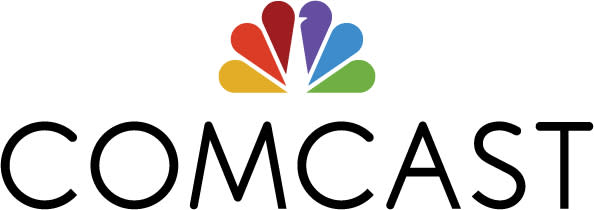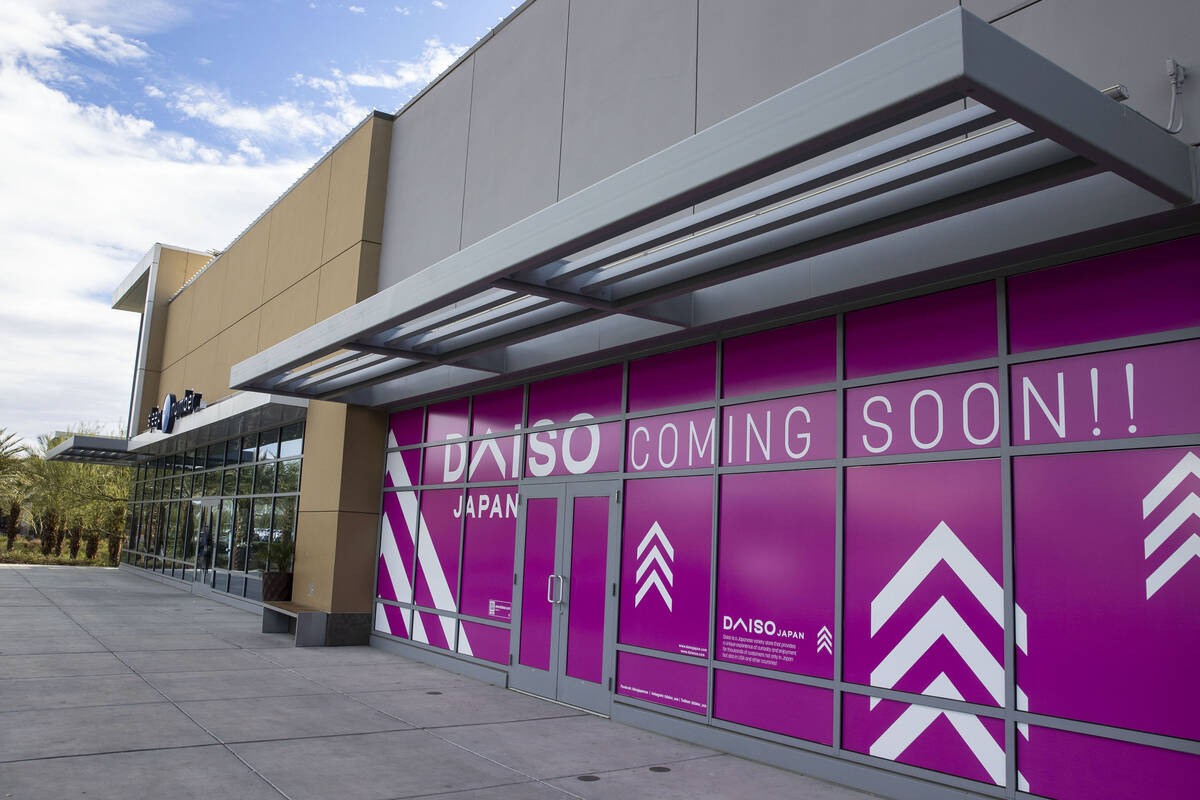A controllable claw arouses the curiosity of casinos and their customers.
The Go Go Claw game of chance looks and plays very much like a crane machine found in an arcade or the entrance to a grocery store.
However, there are no stuffed toys or packaged electronics. The price for a successful treasure hunt is cash.
The game’s maker, Las Vegas-based Aruze Gaming America Inc., is testing what is known as the first game of its kind in a handful of southern Nevada casinos, including three in Las Vegas. Given the early returns, company executives believe it is To have a product with stamina under control.
D Las Vegas received its first two machines on June 29th – one on the ground floor and one on the upper floor. They were an instant hit, and in early August executives had moved the upstairs machine to sister company Circa Resort to try to capitalize on the game’s early popularity, said Rahmi Chaghouri, director of operations at Circa.
Now, most evenings, queues form on both machines while people wait for their turn to crack the claw, Chaghouri said.
“I can’t remember a product that was launched that attracted so much attention and interest from gamers and the media,” said Chaghouri, who was standing next to Circa’s machine on a Tuesday morning.
The Claw gave and took off on Monday afternoon at D Las Vegas.
San Diego-based Adrian Zamora aligned the claw with his target and hit the bet button. The claw plunged into the ball pit, grabbed one between three prongs, whirled it upward, and then swung into the plexiglass. The ball fell into the pit and the display went from its $ 20 price graph to a loss graph.
Zamora, 37, looked at the ceiling.
He was intrigued to try something different on a casino floor. He pocketed a $ 20 bill, played about a dozen tries, and won a couple of times.
Did Zamora feel like he got the hang of it after finishing his second try on Go Go Claw? “Not really,” he said.
He could only play because an Aruze mechanic was fixing the reeling mechanism about 15 minutes early. The machine was “beaten up” from its frequent use, the mechanic said, noting that it was his second time that day to fix something with the machine.
“This thing is being played, man,” he said, relying on the word “played.”
Dig for profits
How is the game different from other slot machines?
“Is that a trick question?” quipped Rob Ziems, president, secretary and chief legal officer of Las Vegas-based manufacturer Aruze Gaming America Inc. “Because there is nothing like it.”
The machine has the well-known joystick-operated crane, a three-pronged claw, a can with prizes and a prize box.
The tub contains clear plastic balls filled with “funny money” and a radio frequency identification chip. An LED display on the back of the machine determines its value.
There’s a $ 5 minimum to play the game in D and a $ 20 minimum to experiment at Circa to see what’s most practical, Chaghouri said. The machines carry a jackpot, the largest of which at around $ 3,000, he said.
The players place their bets and a ring with value in the tens, hundreds or thousands rotates on the display. The ring is set on a value and every ball in the machine receives that value.
Then it comes to the basics of the crane game: seeing the ball, grabbing the ball, hoping the ball will fall into the prize box.
Random number generators determine whether the claw lets a ball slide or swing free before it falls into the prize box, where an RFID chip reader scans the ball and marks the prize.
A physical component – properly maneuvering the joystick during a 30-second time limit – adds another dimension to the typical casino experience, said Ziems.
Go Go Claw is the first action-arcade-like gaming machine Chaghouri launched, he said, adding that it fits with a focus in the gaming industry of filling casino floors with more skill-based machines.
Ziems said the game is an element of skill, but noted that it is not a true game of skill and is not classified as such.
The competition is the draw, said Chaghouri. People want to prove they can win a frustrating arcade game.
“It’s just like you want to defeat the machine,” said Chaghouri.
Roll out
Finding a go go claw machine is half the battle. There are only six on the market: one each at the D, Circa, MGM Grand, and Aquarius in Laughlin, and two since last weekend at the San Manuel Casino in Southern California.
According to Jay Fennel, a senior executive at Aquarius parent company Golden Entertainment, the machine at Aquarius is in a high-traffic area on the casino floor next to the Splash Bar. The company chose Aquarius to test the machine as locals and summer tourists keep the property busy.
Casual gamers are more likely to try their hand at the claw than a traditional slot player, said Fennel. Accordingly, the players have approached the game like in the arcade.
“What we saw are groups of people walking by (and leaving): ‘Hey, what’s this?’ And one person tries, doesn’t do it well, and the next one says, ‘I can do that,’ ”Fennel said on Friday.
He “didn’t get it” until he started playing on the machine. It’s a novelty, Fennel said, though one that makes a casino floor more exciting and compliments existing machines.
“We go to the gaming show every year and it’s the same stuff, just in different cabinets or with a different theme. But it’s all video reels. Nothing was such a dramatic exit, ”said Fennel.
“Is that the end? No, but I commend Aruze for trying it out. “
A spokeswoman for San Manuel Casino confirmed Thursday that the property had received both machines. A spokeswoman for MGM Resorts postponed a comment on Aruze.
The number is expected to increase in the coming months. The game is in a testing phase before it hits any serious market when the Global Gaming Expo returns to Las Vegas in October, Ziems said.
Aruze presented its new products at similar trade shows before the pandemic.
The company may have postponed its rollout for the National Indian Gaming Association’s Indian Gaming Tradeshow and Convention in July if it had known for sure that pandemic complications wouldn’t cancel the show, Ziems said. Instead, Aruze reached out to his casino customers to see who was interested in a rare casino product debut.
The D showed interest and became the first test subject. The hotel-casino’s downtown location makes the game accessible to a diverse gaming audience and provides valuable insights into who the customers would be for a game that would otherwise not have been published, Ziems said.
So far, the risk has been worth it, he said.
Other gambling operators in southern Nevada have expressed an interest in adding the claw game to their casino floors, he said. Ziems said he wasn’t sure if inquiring operators would have signed a Go Go Claw lease if he’d shown them one. But it is not enough to say that they liked what they saw.
Contact Mike Shoro at mshoro@reviewjournal.com. Follow @mike_shoro on Twitter.













